In the course of a divorce or paternity case, each parent’s responsibilities and right to time with the children can become very complicated. In order to better understand the circumstances of a family, a judge may decide to order a custody evaluation through the assistance of a third-party expert to determine what custody arrangement is in the best interest of the children.
Through the custody evaluation process, this expert evaluates the circumstances for the child or children involved and recommend a custody and timesharing arrangement. This process can address a variety of issues as well, such as a request by one parent to relocate the children away from Hawaii; the impact of domestic violence; alcohol or drug use or abuse; or one parent’s actions to deny access or alienate the other parent from the children.
There are two types of third-party experts, child custody evaluators and fact finders:
- The state of Hawaii has a list of Family Court-approved licensed, trained custody evaluators, most of whom are psychologists or psychiatrists. To qualify for the list, they usually have a higher level of formal education and training than fact finders.
- A fact finder is also a trained professional, such as a social worker or attorney, with extensive experience in handling child-related custody disputes.
In order to have a fact finder appointed to perform a custody evaluation, the individual must be agreed upon by both parties and approved by a judge. However, a judge can appoint a custody evaluator without the agreement of one or both parties. Fact finders are usually less expensive and have more schedule availability than custody evaluators, but this varies with the individual experts.
Which to choose depends on how difficult the custody case is. More complicated cases are more likely to require a licensed child custody evaluator. At any time prior to a trial, either party can request a fact finder or a custody evaluator, but the judge has the final authority to determine if one is appropriate.
The entire custody evaluation process usually takes at least six to eight weeks. Once the judge orders a custody evaluation, the third-party expert will begin the evaluation. Their tasks may include: reviewing relevant documents; performing home visits if possible; meeting with each parent to discuss their proposed custody and timesharing preference; and contacting other adults who are significant in the life of the children, such as extended relatives, teachers, pediatricians, therapists, or anyone else that can help them reach a conclusion.
Upon completion of the evaluation, the third-party will provide a written recommendation to the judge in the form of a comprehensive report and, if requested, will testify in a hearing in support of their findings. The expert’s recommendation is not binding on the judge. However, it is unusual for a family court judge to choose not to follow a third-party expert’s recommendations. Once the report is issued, if the parties can come to a settlement, the process will end. If not, the case will proceed to trial where the judge will make a final decision.
As you undertake the custody evaluation process, Seth Harris, senior associate of the PMK family law division, can help you decide whether to employ a third-party expert and which type will best fit your needs.

